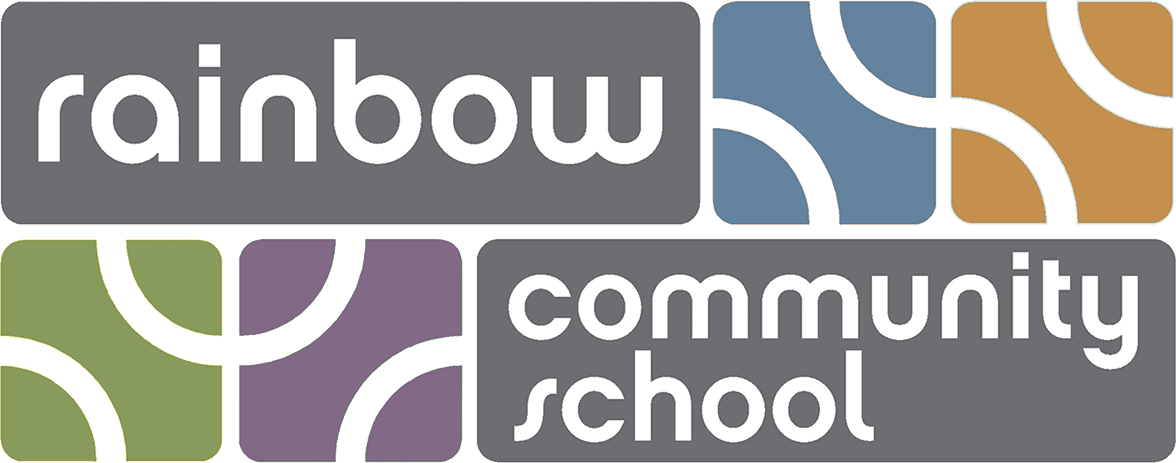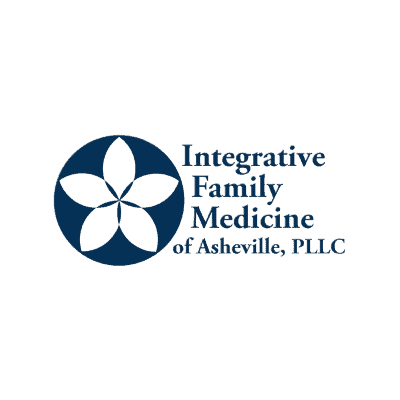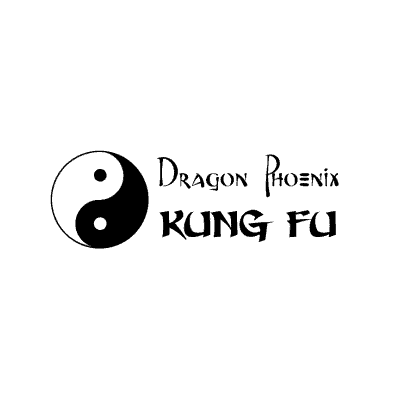
by Renee Owen | Nov 13, 2014 | Director's Blog
 …is taking risks.
…is taking risks.
“There is no risk-taking without a culture of trust and respect.” ~Tony Wagner.
Parents at Rainbow repeatedly cite how the social environment at Rainbow is one of acceptance. It takes courage to take risks, so being surrounding by people who support you, unconditionally, is vital to learning and risk-taking.
(Photo: Tony Wagner and Renee Owen, Changing the Odds Conference, Dallas, TX, 2014)

by Webmaster | Nov 3, 2014 | Director's Blog

Photo by “tigger11th”
As a school director, my job is to be a futurist.
I have to predict what the future is bringing, and craft the curriculum with that in mind.
The rate of change in our society is so fast, this requires constant research, innovation, and educated guessing.
It also requires courage. ~Renee
Take a look at this article that explores this idea more in-depth: American Schools Are Training Kids For a World That Doesn’t Exist

by Renee Owen | Oct 7, 2014 | Director's Blog
Yesterday, a journalist asked me, “Why are the arts important?” As a school that is educating students to be inventors and innovators, so they are “…prepared to be leaders in building a compassionate and environmentally sustainable world.”
I love the first point in this article from Vanity Fair. The rest of the article is short and worth a read too.

by Renee Owen | Sep 12, 2014 | Director's Blog
How Can a School Promote a Culture of Innovation?
As I enter the “Omega” (7th and 8th grade) classroom at Rainbow Community School, a large Buckminster Fuller-designed dymaxion world map is on the floor, the basis for a game where students are moving around chips that represent various world resources.
Incorporating Systems Thinking
Two students with laptops are meeting with Jason Cannoncro, one of the lead teachers, about a grant proposal they are writing to create a local non-profit organization that will give homeless people work on the many organic farms in Asheville. Several students are puzzling over models they are creating of sustainable energy systems. One girl is playing a radio powered by a tiny solar panel system she designed herself.
How Can We Design Systems to Ensure All Humans Have Their Needs Met?
The curriculum at Rainbow Community School has been carefully designed and refined to prepare students for the culminating middle school unit described above.The essential problem that students ask and begin to solve in that unit is,
“How can we design our systems and our culture to ensure that all humans on Earth have their needs met, without depleting planetary resources?”
The Native Americans thought of sustainability in terms of seven generations. They might have asked the essential question for the unit in this format: “How can we provide dignity for each human and all living beings for the next seven generations?”In this unit students are asked to think about human equity and fulfillment, and how to get there. They are required to develop designs and prototypes for inventions that help sustain the natural world, while providing for a high quality of living. Students who are successful within this multi-faceted, complex unit are the next generation of innovators. How does Rainbow Community School prepare its students for this culminating unit?
You can find out how RCS prepares its students and more on part IV here.
RCS Director, Renee Owen has a series of Educating the Innovation Generation articles.
Click below to see the other parts:
Educating the Innovation Generation – Part I
Educating the Innovation Generation – Part II
Educating the Innovation Generation – Part III

by Webmaster | Aug 22, 2014 | Global Citizenship, Home Page News

Hanf’s game with a photo of some Omega students trying out the game
Mark Hanf Featured in Asheville’s Newspaper
Mark Hanf, one of our new Omega teachers, has been featured in the “Living Section” of the Asheville Citizen Times.
He has spent time hiking the Appalachian Trail.
It’s impacted his life so much that now he wants to hike the entire length of it some day with his daughter.
In the meantime, they both can “prep” for the hike because she’s only five. The best way to do that? With a board game!
Mark Hanf Creates AT Board Game
Mark and a team of developers worked to create a game that would help people learn best practices and skills in preparation for hiking the Appalachian Trail.
The idea came to him after stopping at a shelter along the trail that had been left littered and otherwise pretty trashed. His first reaction was anger. But then he thought that perhaps others just haven’t had the training he’s had to know trail and hiking etiquette. He had been a Boy Scout.
He cleaned up the shelter and took his idea to create a board game to the Appalachian Trail Conservancy where he received a small grant. From there, the game was born.

He’s also started a Kickstarter Campaign to expand and spread awareness about the game. Fundraising for the cause exceeded the goal, totaling 1,093 backers and $57,361 raised. Success!
Read More of Mark’s Article Here
















